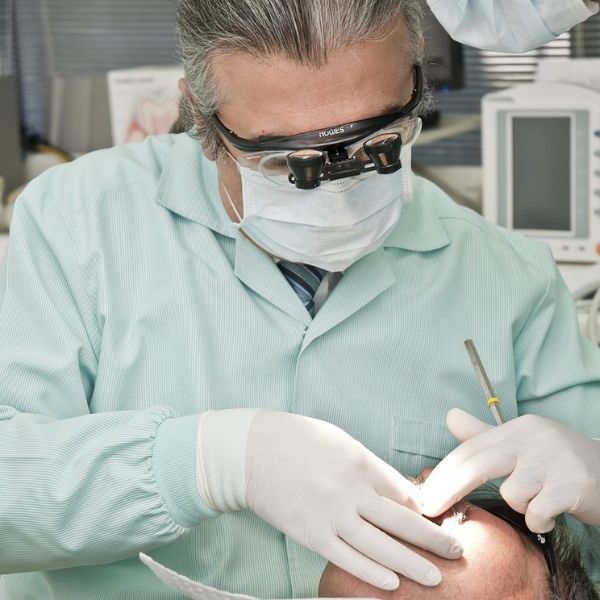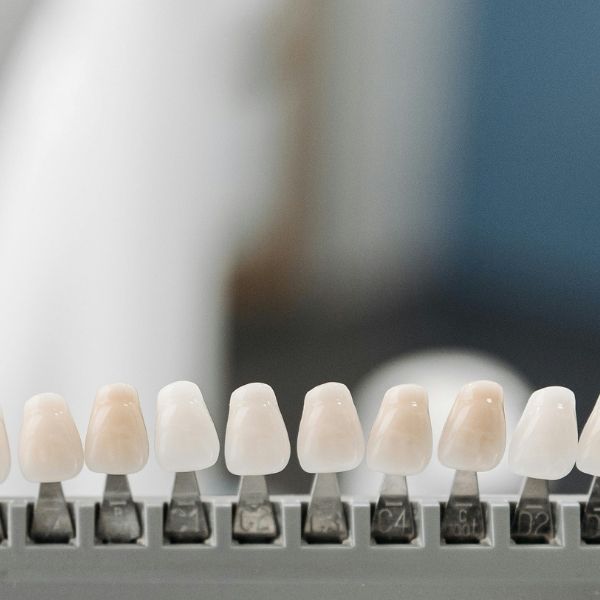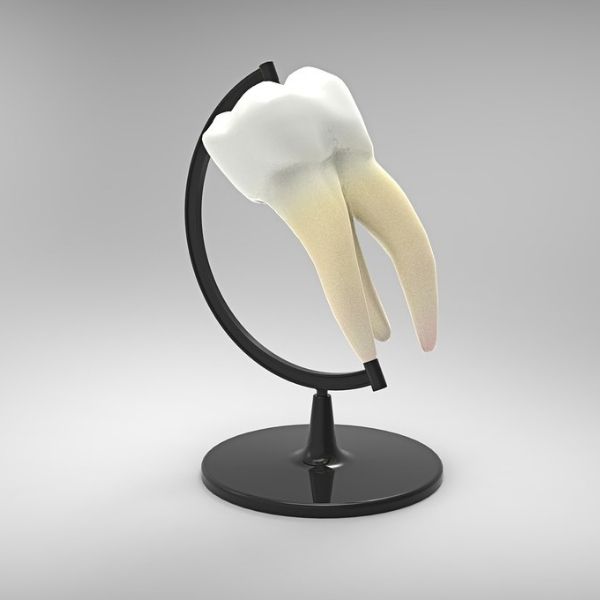When considering dental implants, many people wonder, can someone with gum disease have implant treatment can someone with gum disease have implant treatment Gum disease, or periodontal disease, affects a large portion of the population and can lead to various dental health issues, including tooth loss. But what does this mean for individuals interested in dental implants? Is implant treatment an option if you’ve been diagnosed with gum disease? In this article, we’ll explore whether someone with gum disease can undergo implant treatment, how gum disease impacts implants, and what steps can be taken to ensure a successful outcome.
Understanding Gum Disease
Before answering the question, can someone with gum disease have implant treatment, it’s important to understand the stages and severity of gum disease.
- Gingivitis: The mildest form of gum disease, gingivitis is inflammation of the gums caused by plaque buildup. It presents symptoms such as redness, swelling, and bleeding, particularly during brushing or flossing. Gingivitis is often reversible with professional treatment and good oral hygiene.
- Periodontitis: If left untreated, gingivitis can progress to periodontitis. At this stage, the gums pull away from the teeth, creating pockets that become infected. This infection can lead to damage to the bone and connective tissues that support your teeth. Periodontitis requires more advanced treatments and can result in tooth loss.
- Advanced Periodontitis: This is the most severe form of gum disease, where significant damage to the bone structure has occurred, and teeth may become loose or fall out. Advanced periodontitis often requires surgical intervention to restore oral health.
Now, the question remains: can someone with gum disease have implant treatment? The answer largely depends on the type and severity of the gum disease, as well as the treatments you undergo to address it.
Can Someone with Gum Disease Have Implant Treatment?
The primary concern with gum disease and dental implants is the health of the gums and supporting bone structure. Dental implants need a stable foundation to succeed, so gum disease, which compromises the gums and bones, must be controlled before implant treatment. To answer the question, can someone with gum disease have implant treatment, yes, it is possible, but there are factors to consider and steps to take before proceeding with the surgery.
1. Gingivitis and Implant Treatment
If you have gingivitis, the mildest form of gum disease, the good news is that it can typically be treated and reversed. Once the gum inflammation is under control, dental implant treatment can be safely performed. In this case, the answer to the question can someone with gum disease have implant treatment is a resounding yes, provided that the gum disease is treated before the surgery. Professional cleanings and improved oral hygiene can eliminate gingivitis, making it possible to proceed with dental implants.
2. Periodontitis and Implant Treatment
For individuals with periodontitis, the question can someone with gum disease have implant treatment becomes more complicated. Periodontitis causes damage to the bone and gum tissue, which is essential for holding the dental implant in place. Before moving forward with implant treatment, it’s necessary to treat the infection and manage the disease.
Treatments may include:
- Scaling and Root Planing: A deep cleaning procedure that removes plaque and tartar from below the gum line and smooths the tooth root surfaces, helping the gums reattach to the teeth.
- Antibiotic Therapy: In some cases, antibiotics are used to control infection and inflammation in the gum tissues.
- Surgical Treatment: For more advanced cases, surgical procedures like bone grafting may be required to restore lost bone before implant placement.
Once periodontitis is brought under control, many patients can still receive dental implants, but careful monitoring and maintenance are critical.
3. Advanced Periodontitis and Implant Treatment
In advanced cases of periodontitis, significant bone loss can make dental implants more challenging. However, even in severe cases, the answer to can someone with gum disease have implant treatment is not necessarily a no. With the right treatment, including bone grafting procedures, patients with advanced gum disease can still be candidates for implants.
Bone grafting involves taking bone from another part of your body (or using donor or synthetic material) and placing it in the area where bone loss has occurred. This procedure helps rebuild the foundation needed for a successful implant. Though the process takes time, patients with advanced periodontitis can still achieve a good outcome with dental implants after proper treatment.
Steps to Take Before Implant Treatment
If you’re wondering, can someone with gum disease have implant treatment, you must first address your gum health. Here are the steps that can improve your chances of being a candidate for implants:
- Seek Professional Dental Care: The first and most crucial step is to consult a dentist or periodontist. They will assess the severity of your gum disease and recommend a treatment plan tailored to your needs. This may involve scaling, root planing, or surgical interventions.
- Commit to Improved Oral Hygiene: Managing gum disease at home is key. Brushing twice daily, flossing regularly, and using an antibacterial mouthwash can help control plaque and prevent the disease from worsening.
- Undergo Recommended Treatments: Whether it’s deep cleaning, antibiotic therapy, or more advanced procedures like gum surgery, following your dentist’s recommendations is essential in preparing for implants.
- Consider Bone Grafting if Necessary: If bone loss has occurred due to gum disease, bone grafting can be an effective solution to rebuild the jaw and prepare it for implants.
Can Someone with Gum Disease Have Implant Treatment? – Aftercare is Crucial
Once you’ve undergone successful treatment for gum disease and received your dental implants, maintaining them requires ongoing care. Regular check-ups with your dentist and a diligent at-home oral hygiene routine are crucial to the long-term success of your implants. If you’ve had gum disease in the past, your dentist will closely monitor the health of your gums and implants to prevent any recurrence of periodontal issues.
Patients with a history of gum disease need to take extra precautions to protect their implants, such as:
- Regular cleanings: Professional cleanings every six months can help remove plaque buildup that your daily routine may miss.
- Monitor for signs of infection: Pay attention to any redness, swelling, or bleeding around the implant site. If you notice these signs, seek dental care immediately.
- Use special cleaning tools: Your dentist may recommend interdental brushes or water flossers to clean the spaces around your implants more effectively.
So, can someone with gum disease have implant treatment? The answer depends on the severity of the gum disease and how well it is managed. With proper care and treatment, individuals with gingivitis or even periodontitis can still qualify for dental implants. However, it’s important to address any gum issues before proceeding with the implant procedure to ensure long-term success.
By seeking professional care, improving your oral hygiene routine, and following your dentist’s advice, you can overcome the challenges of gum disease and achieve a successful outcome with dental implants. Regular maintenance and monitoring will be crucial in ensuring that your implants remain healthy and functional for years to come. Therefore, if you’re asking yourself, can someone with gum disease have implant treatment, the answer is yes—but it requires careful preparation and ongoing care.





